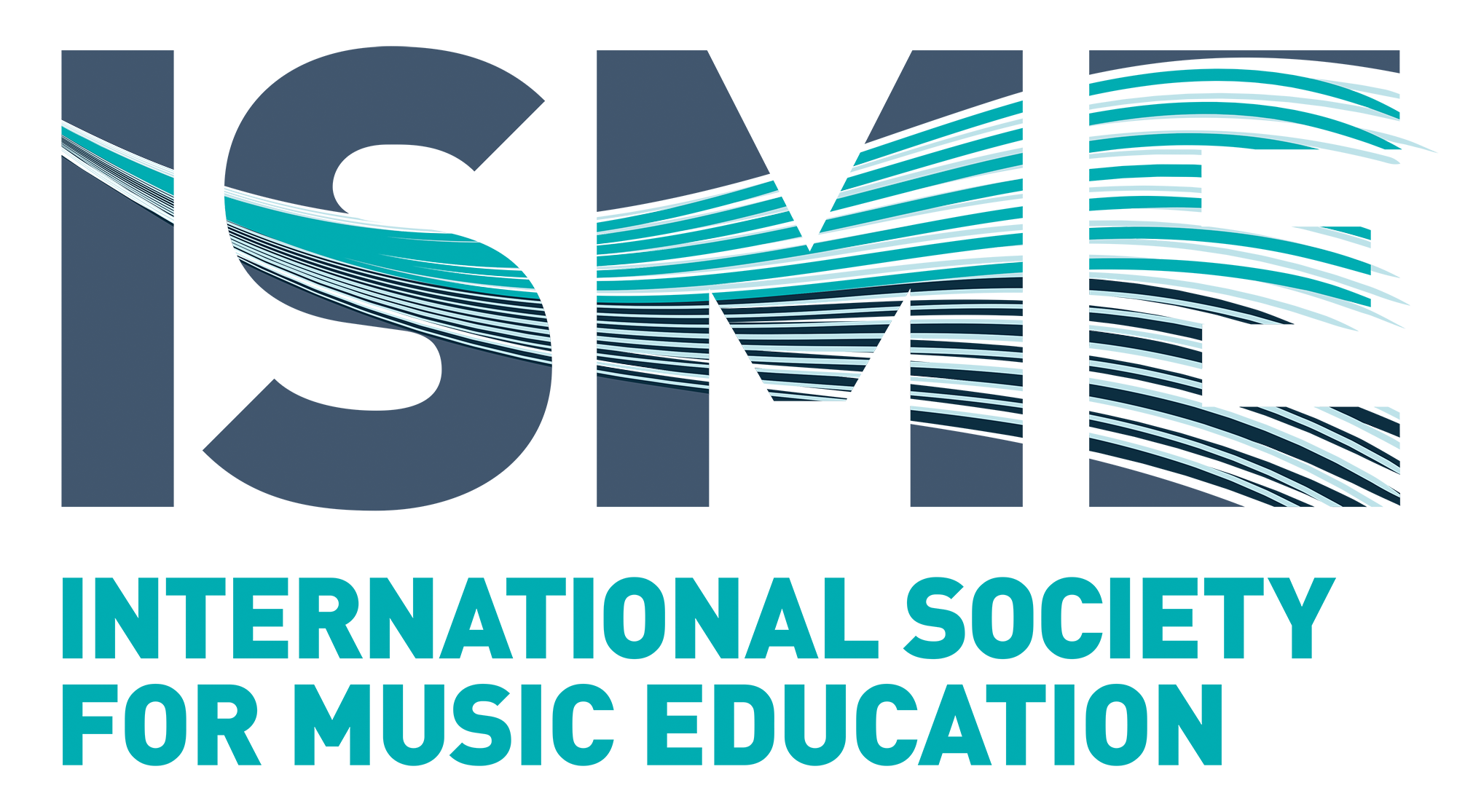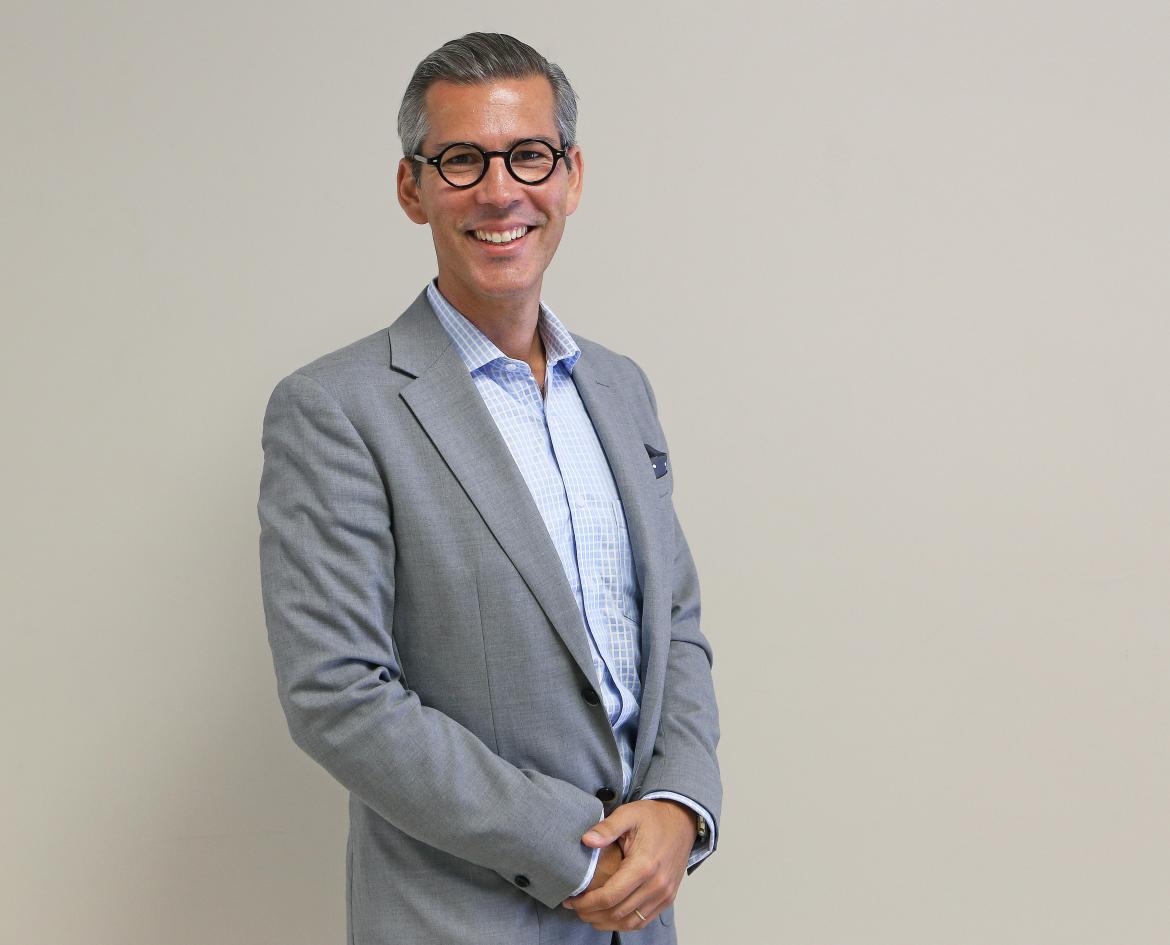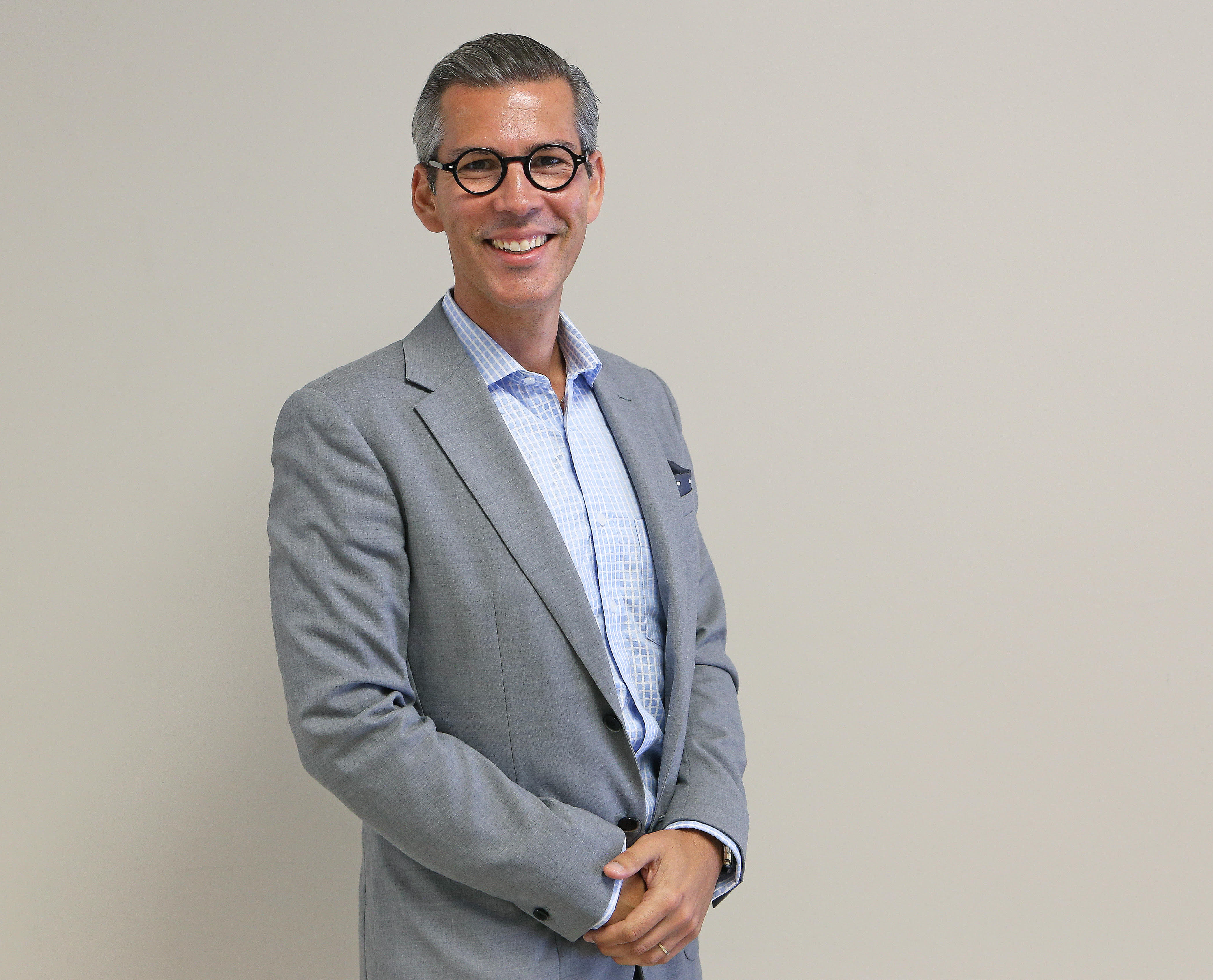As a concept and practice, policy permeates the deepest recesses of civil society. It impacts the social, cultural, economic and educational aspects of our lives, and as such it cannot be understood simply as rules for action, legislation or strategic planning.
Policy is personal.
Unfortunately though, for teachers, policy often evokes images of a forbidden or alien environment; it has been seen as above our pay-grade, beyond our duties and responsibilities, or outside the reach of our capacities. But nothing could be farther from the truth.
I want to use our short time here as an invitation to the following question: When policy is concerned, should music educators be bystanders or participants?
Perhaps more incisively, given the educational challenges of forced migration, economic-driven accountability, wide-range technological change, musical diversity and cultural inequity (to name a few), what is the cost of not bringing ourselves closer to policy? One might answer these questions by saying that these are issues outside music education. They are not and ought not to be the concern of music teachers. But consider that music education today is not our parents’ music education, it is not even our own. At its best music education is becoming more dynamic, responsive, diverse, porous, participatory, and is taking place in multiple contexts and for multiple purposes. Yet this is not the norm, as we know music education can still be exclusionary and elitist, socially blind and musically narrow. Either way, if we are to amplify the positive developments or mitigate the limitations and challenges that remain, a closer engagement with policy will be necessary.
How do we proceed, then?
First, I suggest there is a lot of work to be done to understand and demystify policy. My goal here is not to debunk the value of policy, but rather to create space to be able to think it anew. I want to introduce a vision of policy as worthy of our time, valuable to our professional lives, and key to change efforts in music education. To the skeptical, who say they never traffic in policy thinking, language or action, let me remind you of notions such as ‘value-added’, ‘best practices’, ‘community partnerships’, ‘collaborative decision-making’ or ‘stakeholder society’ and how they have invaded educational discourse. If you work in education, you are surrounded by policy. The point is that big-picture policy and policy-as-a-daily-encounter enacted at the local level share many similarities and are indeed co-dependent fragments of the same process. Policy can indeed be a rarefied arena, equated to legislative action, jargon and the realm of ‘those in power', but that is the tip of the iceberg. Day-to-day policy action, sprung from agendas and legislation, is where the bulk of the work takes place. Which means that we, music educators, can and do already engage in policy making.
Demystifying policy, then, is the process of becoming aware of and challenging policy designs that are degenerative, that eschew voice, and fail to prioritise patterns of participation. A reoccurring and unfortunate example of this takes place when educational or even school-level policy establishes decision-making as off-limits to teachers, not only incentivising hierarchical and impersonal educative environs, but also establishing teachers as ‘undeserving’ of the political process. Such decisions - which are often leveraged by the absence of policy capacity among educators - define teachers as non-professionals, incapable of understanding or contributing to the complexity of educational environs. We know that is not true, and my hope and aim is that informed participation in policy and more active deliberation toward what I am calling here 'policy thought' can offer a (perhaps small) contribution toward changing the conditions delineated above, conditions that no doubt many teachers experience today.
The vision of policy I would like to introduce is one where the policy process aims to convene opinion, establish debate and directives, facilitate the participative enactment of proposed ideas, and how to follow up on the outcomes of implementation. Understood in these terms, policy is familiar to the most significant ideas in teaching: firstly, that inquiry must lead argumentation and action, and secondly, that opportunities for change must be constantly considered, given the shifting sets of cultural, social, ideological, technological, psychological, personal conditions upon which learning takes place. These views are in line with progressive and democratic notions of education as well as with innovative conceptions of policy. Here, both education and policy share a deeply political process that requires skillful navigation of norms and rules, and careful investment on opportunities for change. Policy enacted thus becomes the pathway through which varied and often divergent educational ideas are made manifest in practice; policy becomes an important way to enact vision.
I would invite you to consider the need for policy thought as a significant element in the education and the professional life of any of us charged to educate in and through music. In teacher education programs, in curriculum writing groups, in teachers’ professional development rooms, or within organisation such as ISME, the work to bring music educators closer to policy is feasible, needed, and can be impactful. Across the globe models are in place. Literature on collaborative practice, teacher leaders, school/community-level activism, induction and teacher education are pointing out how ineffectual and disempowering traditional models of policy action have been. Scholars and practitioners are asking for and proposing alternatives where participatory forms of policy engagement are valued and valuable. Places as distinct as Finland, Brazil or the United States are seeing the pendulum shift back, away from high centralisation and enforcement of draconian accountability models. Devolution is on the rise and with it opportunity for stronger, local decision-making. The question is, how can we be part of it? How can I change my assumptions about policy and the role I can and do play in it? As a profession, are we building the necessary capacity for serious engagement?
While these outcomes may seem lofty and perhaps utopian, they depart from two simple, challenging and interconnected ideas:
- That active participation of teachers can impact the nature and language of formal and informal policy processes in their work, communities and organisations; and
- That in order for this impact to be felt, teachers must recognise that educational work requires the recognition of permanent tensions between multiple constituency standpoints.
To understand that and to act as such is to say that music teachers are bona fide actors in the policy realm who can establish ourselves capable of generating what a policy scholar calls “a tool box of diverse concepts and practices” that can significantly impact the educational environs we populate.
I am hoping that you, as I, are ready to be less of a bystander, and jump right into the fray.













